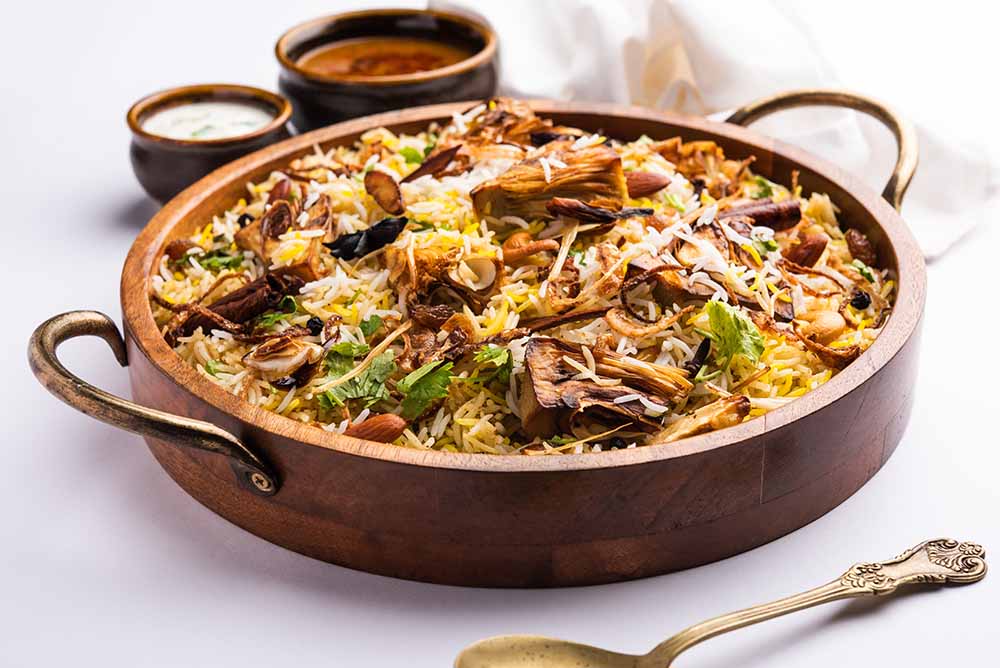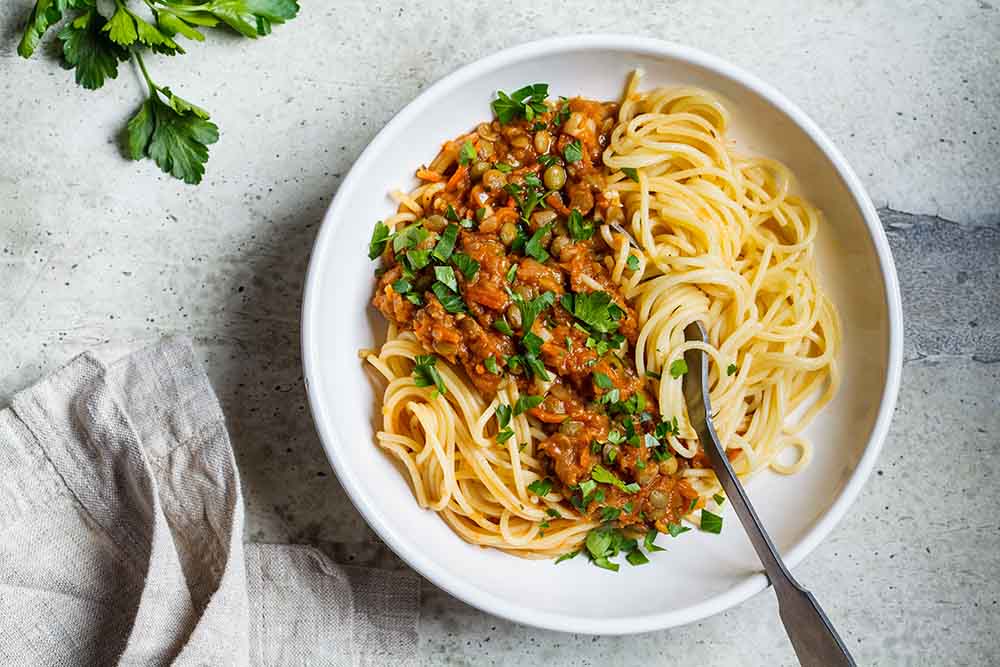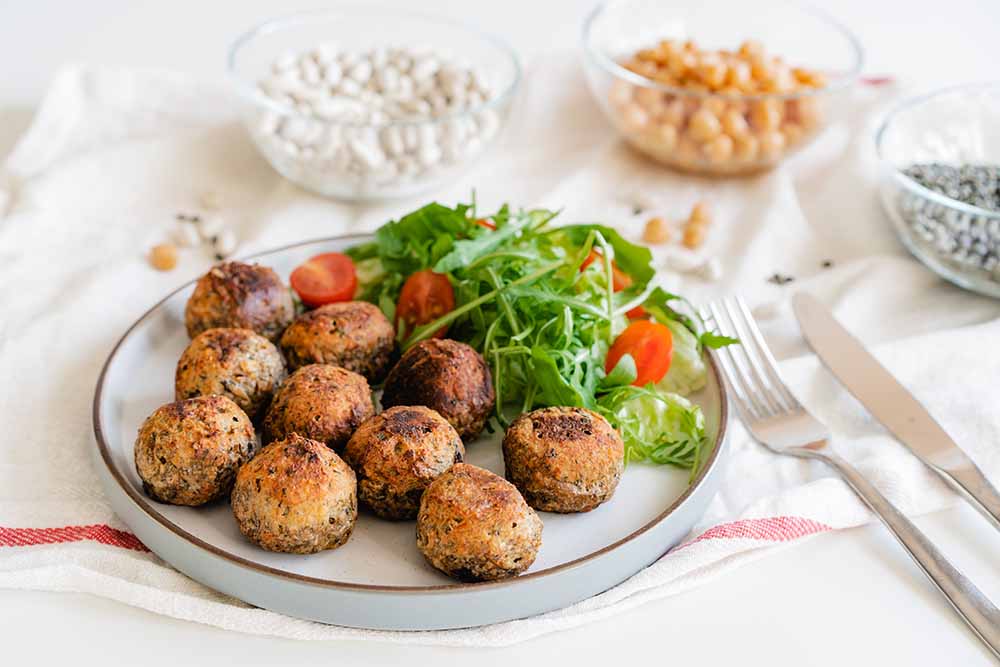Replacing meat with plant-based proteins twice a week is a healthy and delicious way to switch up your diet and try newer ingredients. If you're a novice to trying faux meat substitutes, you'll need to keep in mind that all vary in taste, texture, appearance and nutritional value. Additionally, not all packaged meat substitutes are plant-based and vegan-friendly – several studies have shown that some of the packaged meat alternatives are processed, loaded with saturated fat, and contain excessive amounts of sodium and contain dairy.
If you are on the lookout for a delicious swap for chicken, or your favourite meat in a recipe? Here are the 5-best plant-based ingredients to buy now.
Jackfruit

Jackfruit is versatile and can taste like mutton, pulled pork, shredded chicken, or even shredded crab meat when prepared just right. Jackfruit is low calorie and high in vitamins and fibre - it is not very high in protein, so you'll need to make up the protein meat provides, elsewhere. To use jackfruit as a meat substitute, look for unripened, green jackfruit. Ripe jackfruit will taste sweet and will not shred. You can make biryani, and butter chicken, and use it in tacos, pulao, and even in sandwiches - all you need to do is get the seasoning and margination right and the fruit will soak in all the flavours.
Tempeh

Tempeh is made with fermented whole soybeans, traditionally it has a distinct, nutty flavour and firm texture. However, many brands add additional ingredients to tempeh that change the taste and texture, such as flax seeds, adzuki beans, chickpeas, brown rice, or other grains and beans. Tempeh is a good source of manganese, copper, fibre, protein, phosphorous, and vitamin B2.
Like tofu, tempeh soaks in a lot of flavour, it is a perfect replacement for diced or cubed meat in stir-fry recipes and also makes for a hearty ground-meat substitute — perfect for meatballs, as well as keema recipes. When cooking with tempeh, always remember to cook it first by frying or steaming it for a couple of minutes and then turning it into a crumble, as raw tempeh can have a bitter, unpleasant flavour.
Lentils

Lentils can add a beautiful meaty texture to vegan meals, which is one of the reasons that they make such a great red meat substitute. Lentils are rich in protein, very high in fibre, low in fat, and are packed with nutrients like iron, magnesium, calcium, zinc and folate. For every 500 grams of red meat, you can substitute 150 grams of dried, uncooked lentils; once cooked this will result in 500 grams of cooked lentils. The best lentils to use for ground meat substitute are black, brown or green lentils, preferably with their skins still on.
Beans & Chickpeas

Dense and chewy, peas and beans have a certain heartiness and mass to them. In addition to being great at soaking up the flavours of sauces, spices, herbs, and aromatics they are the perfect substitute for meat in patties, meatballs, kebabs, and nuggets. Beans & Chickpeas have 12 grams of protein per cup. They can be substituted for meat using a general ratio of 1/2 cup of beans for every 28 grams of meat in a recipe.
Mushrooms

Just like jackfruit, mushrooms are super versatile and there are a variety of them available in the market that can be used in different preparations. Although they are not packed with protein, mushrooms are rich sources of vitamins and minerals including selenium, zinc, and vitamins B1, B2, B5, B6 and B12. They are the only vegetable that contains vitamin D naturally as a result of their exposure to sunlight. Use the portabella as a burger patty, Oyster mushrooms can be turned into pulled pork or even a substitute for fish in curries. Button mushrooms can be transformed into ground meat, ideal for sty-fries, burgers, and minced meat dishes. Fry up some shiitake mushrooms and swap out your favourite morning bacon.